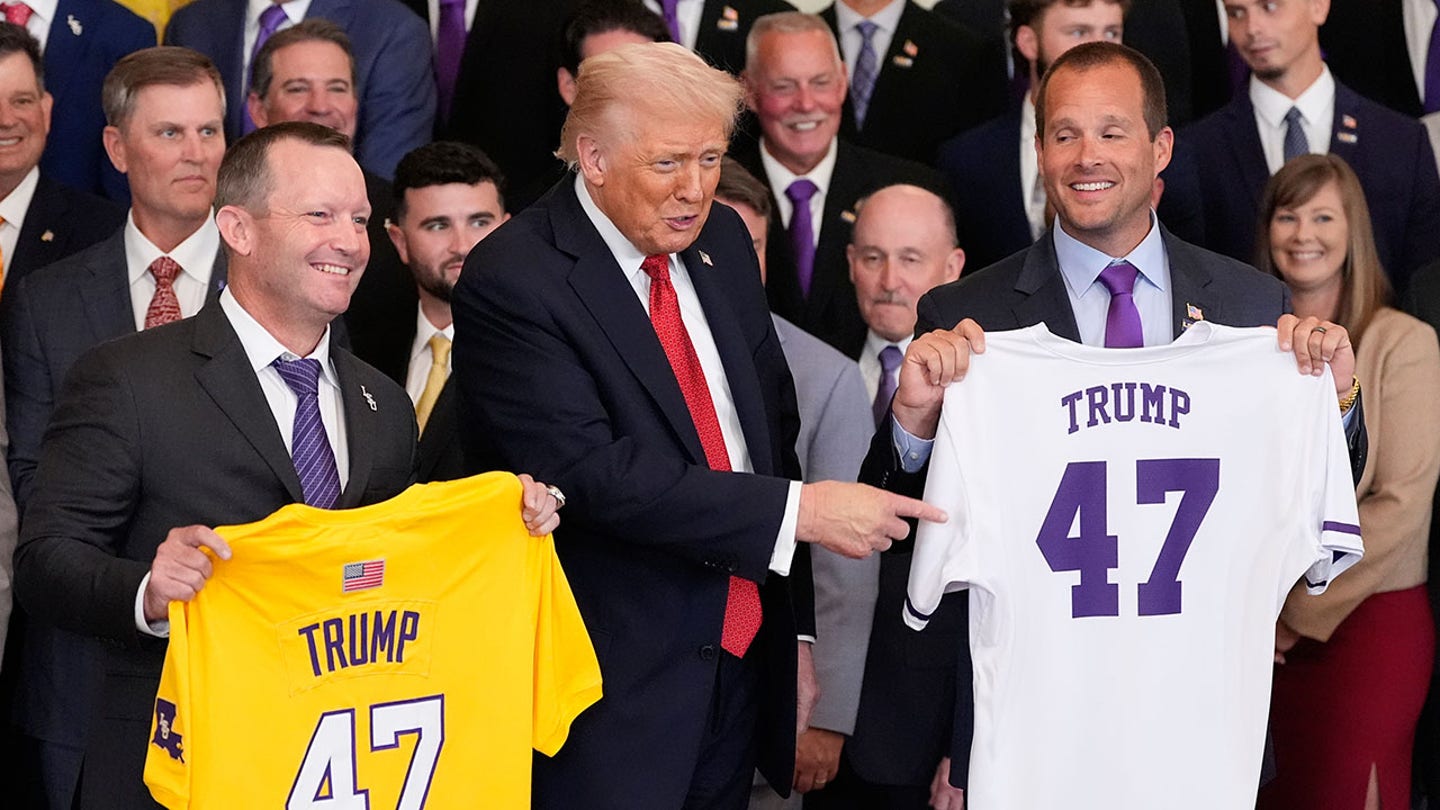
Vikings condemn racist messages directed at Isaiah Rodgers after loss to Eagles
Entities mentioned:
- Minnesota Vikings: Unity, Justice, Professional pride
- Isaiah Rodgers: Self-respect, Determination, Professional pride
- Philadelphia Eagles: Competitive spirit, Pride
Article Assessment:
Credibility Score: 75/100
Bias Rating: 45/100 (Center)
Sentiment Score: 30/100
Authoritarianism Risk: 20/100 (Strongly Democratic)
Bias Analysis:
The article presents a balanced view, reporting facts and statements from both the team and player. It doesn't lean towards any political side, focusing on the incident and responses.
Key metric: NFL Player Safety and Inclusivity
Let me tell you something - this story is RIDICULOUS! We're seeing a major DEFENSIVE PLAY by the Minnesota Vikings, stepping up to protect their player Isaiah Rodgers from a BRUTAL OFFENSIVE ATTACK of racist messages. This is NOT the kind of game we want to see in the NFL, folks! Rodgers, a true CHAMPION, is showing incredible MENTAL TOUGHNESS in the face of this unsportsmanlike conduct. The Vikings are demonstrating CHAMPIONSHIP MENTALITY by rallying around their teammate. This is a FOURTH QUARTER MOVE to tackle racism head-on and keep the integrity of the sport intact. I'm telling you right now, this kind of behavior from so-called 'fans' is a PERSONAL FOUL that has no place in the stadium or society. The league needs to throw a FLAG on this play and send a clear message: racism is OUT OF BOUNDS!

LSU baseball coach praises Trump during celebration: 'Nobody works harder for America than you'
Entities mentioned:
- Jay Johnson: Pride, Recognition, Loyalty
- Donald Trump: Power, Recognition, Ambition
- LSU Tigers baseball team: Competitive spirit, Pride, Recognition
- LSU Shreveport baseball team: Competitive spirit, Pride, Recognition
- Mike Johnson: Duty, Recognition, Loyalty
- Steve Scalise: Duty, Recognition, Loyalty
- Brad Neffendorf: Pride, Professional pride, Recognition
Article Assessment:
Credibility Score: 75/100
Bias Rating: 65/100 (Lean Right)
Sentiment Score: 80/100
Authoritarianism Risk: 35/100 (Generally Democratic)
Bias Analysis:
The article leans right due to the positive framing of Trump and emphasis on his work ethic. However, it maintains some balance by focusing primarily on the sports teams' achievements.
Key metric: National Unity
Let me tell you something - this story is a GRAND SLAM for American unity! The LSU Tigers and LSU Shreveport have stepped up to the plate and knocked it out of the park, bringing their championship mentality right into the Oval Office! Coach Jay Johnson's praise for President Trump's work ethic is like a perfect pitch, bridging the gap between sports and politics. This is the kind of team play we need to see more of, folks! It's not just about winning on the field, it's about coming together as a nation. These coaches and players are showing us what it means to have a true championship mindset - one that extends beyond the diamond and into the very heart of our democracy. I'm telling you right now, this is the kind of unity that makes America the undisputed heavyweight champion of the world!